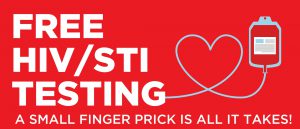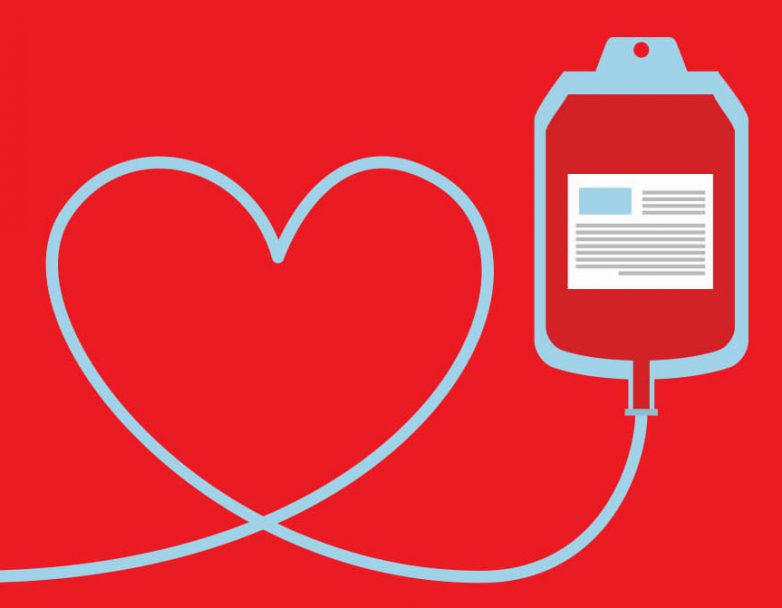Written by: Regina Seanez
*ACCENT is not reliable for providing any medical advice to students and if they are unsure about their health they should seek a medical professional.*
Even though we’ve seen our society grow into more of a welcoming environment for tough conversations, there are still some topics that are still left in the dark. Most college students can recall the moment their parents sat them down to have “the talk.” For a young teen going through puberty, that discussion was pretty uncomfortable and especially confusing. And for many college students today, those feelings still linger around the topic of safe sex. In addition to the impact of peers and social media influencers, many students may be left unsure of who to trust and what the real facts are about STI’s, HIV, and types of measures one can take to protect their health.
According to HIV.gov, in 2017 1.1 million Americans were living with HIV. One in every seven of those who have been affected were unaware that they had even been infected. As this epidemic continues spreading and more and more every year the conversation about sexual safety has come to the table. Based on a press release made earlier this year by the Centers for Disease Control and Prevention cases found for chlamydia, gonorrhea, and syphilis reached a new record of 2,457,118 combined cases in 2018.
Not all HIV diseases are spread through intercourse; it could also be through unsterile injections, the reuse of needles, blood spread, etc. With the many ways for someone to be infected with this irreversible virus, there are some serious precautions in order to prevent contact with someone who may be a carrier.
On helpstopthevirus.com, they give four steps individuals can take in order to help prevent the spreading of STIs. First, start by getting tested. Make sure that before you partake in any sexual activity, you get yourself checked by a doctor. If you have a partner, talk to them about getting tested, or if they have gotten tested. It is important to know in order to ensure you and your partner’s safety and health.
The number of people who have been affected by HIV/STI and weren’t aware of it raised concerns of many. In turn, started the conversation between the students at Austin Community College about how can students become more aware of sexual safety?
At the beginning of each semester at ACC, students and staff are offered free HIV/STI examinations. The Student Life teamed up with local non-profit, AIDS Services of Austin and held the fall 2019 drive during the month of October. Joshua Garcia, the student life coordinator for this event, ensured that the testing process is kept confidential by testing individuals inside the testing vans.
“The tests are not only free, but are also conducted in a way that is culturally positive, inclusive, and educational,” Garcia said.
Though most people would be uncomfortable talking about it, Garcia assures that they try to provide a friendly, safe open space for students who have any questions regarding HIV/STIs.
“For many people I encountered, it was their first time being tested or having the opportunity to openly ask questions about sexual health,” Garcia mentions.

ACC will plan to hold another event in the Spring semester, around the month of February 2020.
“Events like these promote the overall health and well-being of students,” says Garcia. “Students do not always find free access to resources on their own, so it is important for colleges to step forward.”
For more information, or you have any questions about these events, please contact Joshua Garcia at [email protected] or Student Life.


